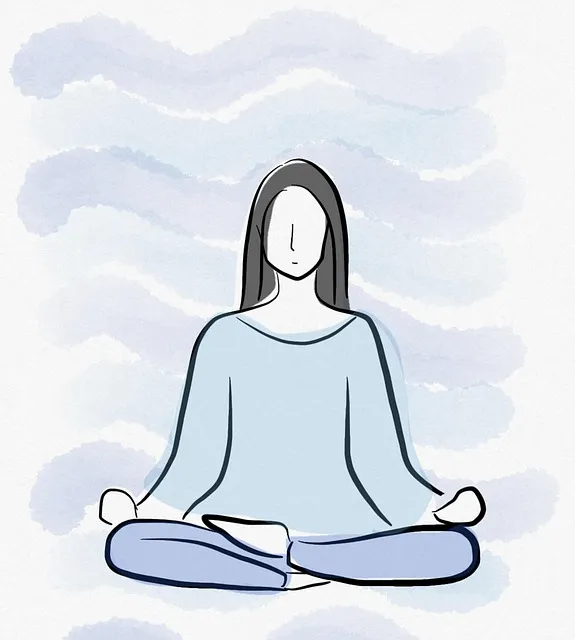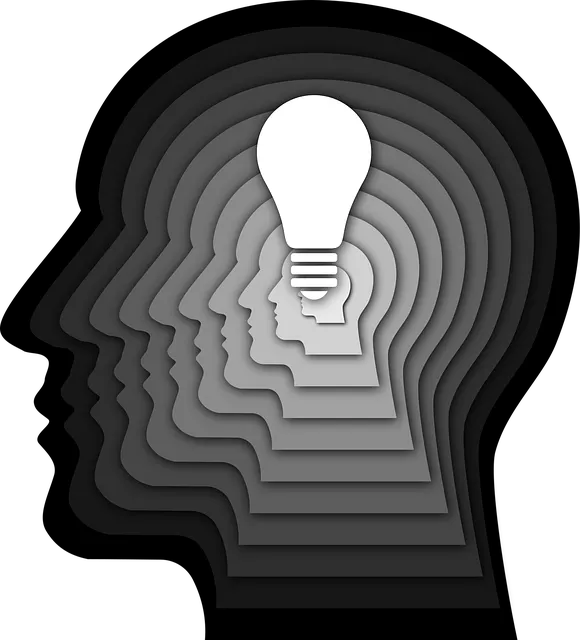Mental wellness journaling, encouraged by Kaiser Permanente behavioral health center Boulder, is a powerful tool for self-reflection and personal growth. By recording thoughts and experiences, individuals gain insights into their emotional state, develop coping mechanisms, and promote mindfulness. Experts recommend personalized practices with prompts to guide reflections, fostering emotional release, self-awareness, and holistic well-being. The Kaiser Permanente behavioral health center Boulder integrates journaling into treatment plans for proactive mental health management.
Unwind and reconnect with yourself through the transformative power of mental wellness journaling. This practice, gaining traction even at renowned facilities like the Kaiser Permanente Behavioral Health Center Boulder, offers a safe space for emotional exploration. Our guide navigates the benefits, from stress reduction to improved self-awareness, and provides practical steps to establish a personalized routine. Discover effective writing prompts tailored to unlock emotions and learn how to seamlessly integrate journaling into your daily life at the Boulder behavioral health center.
- Understanding Mental Wellness Journaling Benefits
- Setting Up Your Personalized Journaling Practice
- Effective Writing Prompts for Emotional Release
- Integrating Journaling into Daily Routine at Kaiser Permanente Behavioral Health Center Boulder
Understanding Mental Wellness Journaling Benefits

Mental wellness journaling can be a powerful tool for self-reflection and personal growth, offering numerous benefits to individuals seeking improved mental health. By dedicating time to record thoughts, feelings, and experiences, one can gain valuable insights into their emotional state and identify patterns that contribute to their overall well-being. This practice, encouraged by many healthcare providers, including those at the Kaiser Permanente behavioral health center in Boulder, fosters a deeper understanding of oneself and promotes self-care practices.
Engaging in regular journaling allows for the processing of emotions, thoughts, and even traumatic experiences, helping individuals develop coping mechanisms and enhance their ability to manage stress. It encourages mindfulness, enabling people to stay present and aware of their mental state. Moreover, documenting one’s journey can serve as a reference point for tracking progress, celebrating achievements, and identifying areas that require additional support or adjustments in self-care routines. This practice aligns with the concept of cultural competency training in healthcare, emphasizing the importance of understanding individual experiences and promoting holistic well-being.
Setting Up Your Personalized Journaling Practice

Creating a personalized journaling practice can be a powerful tool for enhancing your mental wellness, as recommended by experts at Kaiser Permanente behavioral health center Boulder. To begin, find a quiet space where you won’t be disturbed and set aside dedicated time each day for this activity. Choose a journal that feels right for you—it could be a beautiful hardback or a simple notebook—and select writing utensils that inspire comfort and creativity. This space and these tools will serve as your sanctuary for self-reflection and expression.
Consider incorporating prompts to guide your journaling, especially when first starting out. Prompts can range from simple questions like “What made me smile today?” to more introspective queries about your emotions or recent experiences. Over time, you’ll develop a rhythm that fosters inner strength development and anxiety relief. Remember, the goal is not perfection but self-care routine development for better mental health through consistent practice.
Effective Writing Prompts for Emotional Release

Writing prompts are an excellent tool to encourage emotional release and self-reflection in your mental wellness journal. When seeking support at a Kaiser Permanente behavioral health center Boulder, professionals often recommend these exercises to foster self-awareness. Start with simple questions like “How did I feel today?” or “What triggered my emotions?”. These prompts help individuals identify their feelings and the causes behind them, fostering emotional regulation skills.
For deeper exploration, consider prompts related to past experiences. For instance, “Describe a moment when you felt truly happy” or “Recall a challenging situation and how you navigated your emotions”. Such self-awareness exercises can be powerful in understanding one’s emotional responses, leading to more effective coping strategies. Incorporating these practices into your routine at home can complement the support received from mental health professionals, contributing to overall well-being.
Integrating Journaling into Daily Routine at Kaiser Permanente Behavioral Health Center Boulder

At Kaiser Permanente Behavioral Health Center Boulder, integrating journaling into a daily routine is encouraged as a powerful tool for mental wellness. This practice aligns with the center’s commitment to fostering resilience and self-awareness among its patients. Mental health professionals here recognize the therapeutic benefits of putting pen to paper, allowing individuals to process their thoughts, emotions, and experiences in a safe and reflective space.
Journaling is incorporated into treatment plans, offering a means for patients to track their progress, identify triggers, and apply Mind Over Matter principles. This approach, supported by effective risk management planning for mental health professionals and rigorous risk assessment practices, enables individuals to gain insights into their mental health landscapes, fostering proactive engagement in their care journeys.
Mental wellness journaling is a powerful tool, as evidenced by its integration into practices at the Kaiser Permanente Behavioral Health Center Boulder. By understanding its benefits and implementing personalized prompts, individuals can unlock emotional release and enhance their mental well-being. Regular journaling becomes an accessible, transformative routine, offering a safe space for self-reflection and growth. This simple yet effective practice encourages folks to navigate life’s challenges with resilience and a deeper connection to their inner selves.






